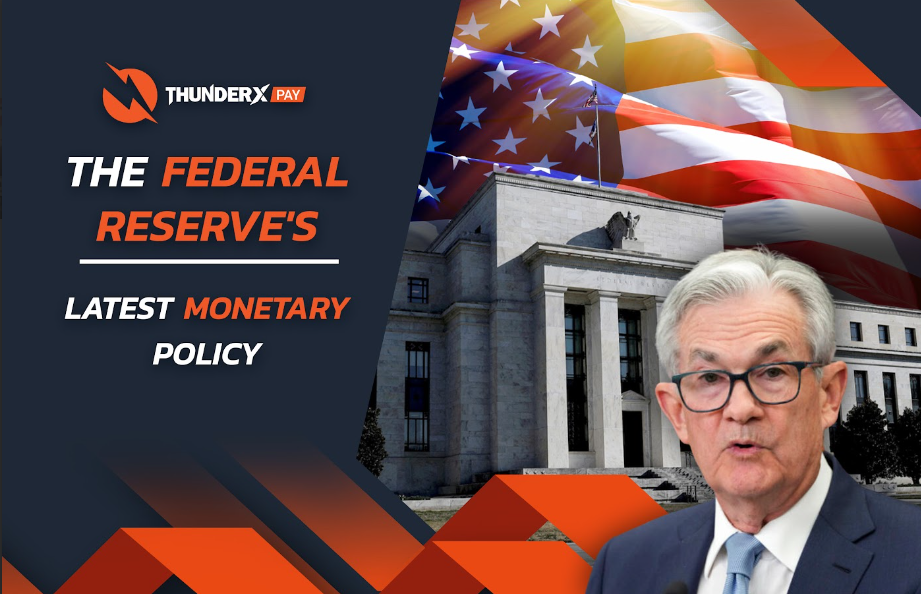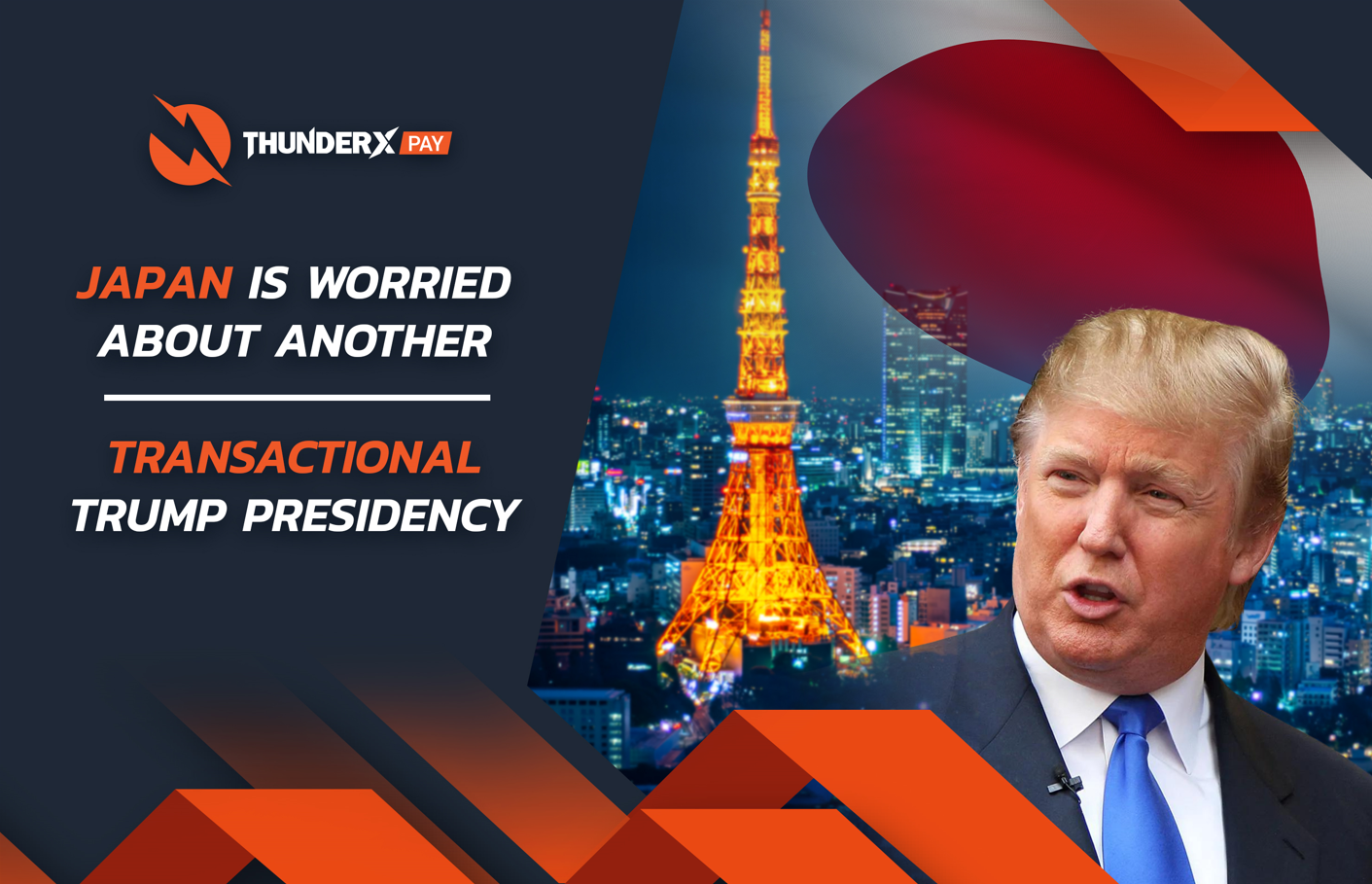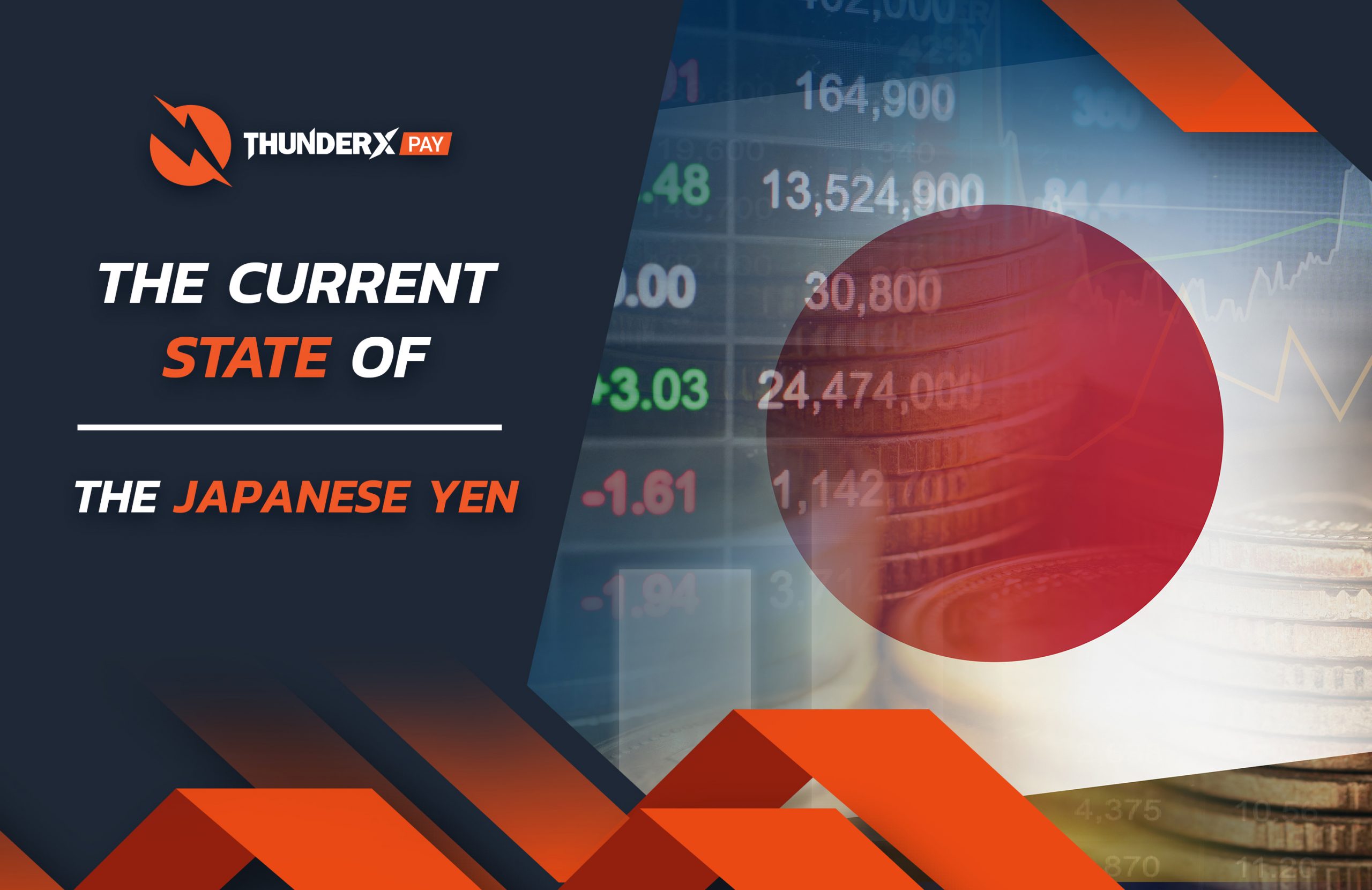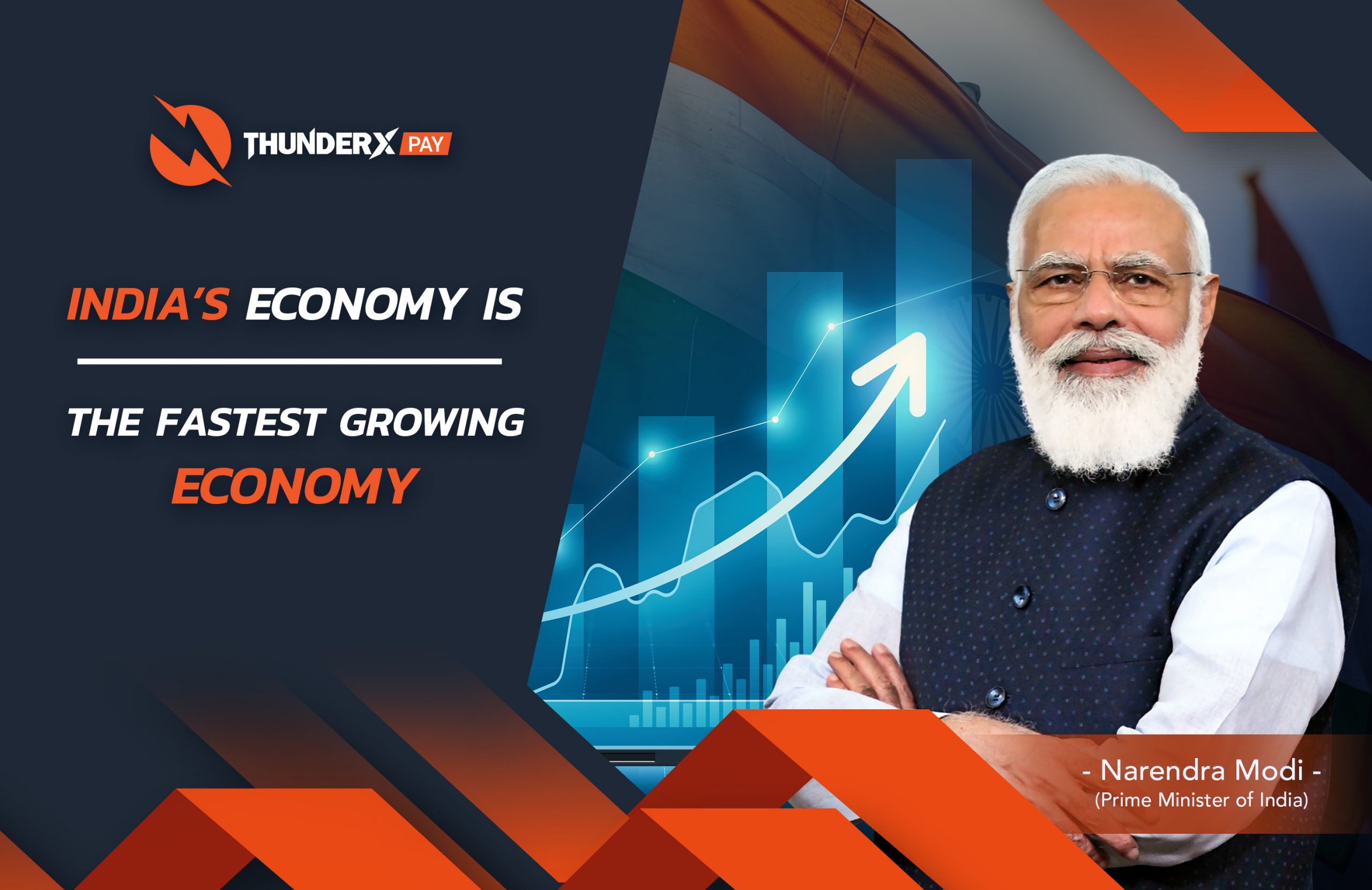
The Federal Reserve’s latest monetary policy
The Federal Reserve’s latest monetary policy decision will be announced on Wednesday. Markets largely expect the Fed to hold rates steady at its July meeting before eventually cutting in September as the case for easing policy mounts. Inflation has shown signs of slowing in recent months. In June, the core Personal Consumption Expenditures (PCE) index, which strips out the cost of food and energy and is closely watched by the Federal Reserve, rose 2.6% over the prior year, its lowest annual increase in more than three years. Separate data for the month showed a significant decrease in another inflation metric, the Consumer Price Index (CPI). Meanwhile, the labor market has shown signs of cooling. The ratio of job openings to unemployed workers is back at pre-pandemic levels, and last month, the unemployment rate hit its highest level since November 2021. “While food and energy prices have been well-behaved and core goods have been a steady source of disinflation, gains in shelter and auto insurance have remained elevated, prolonging inflation’s journey back to the Federal Reserve’s 2% target. However, with real-time






